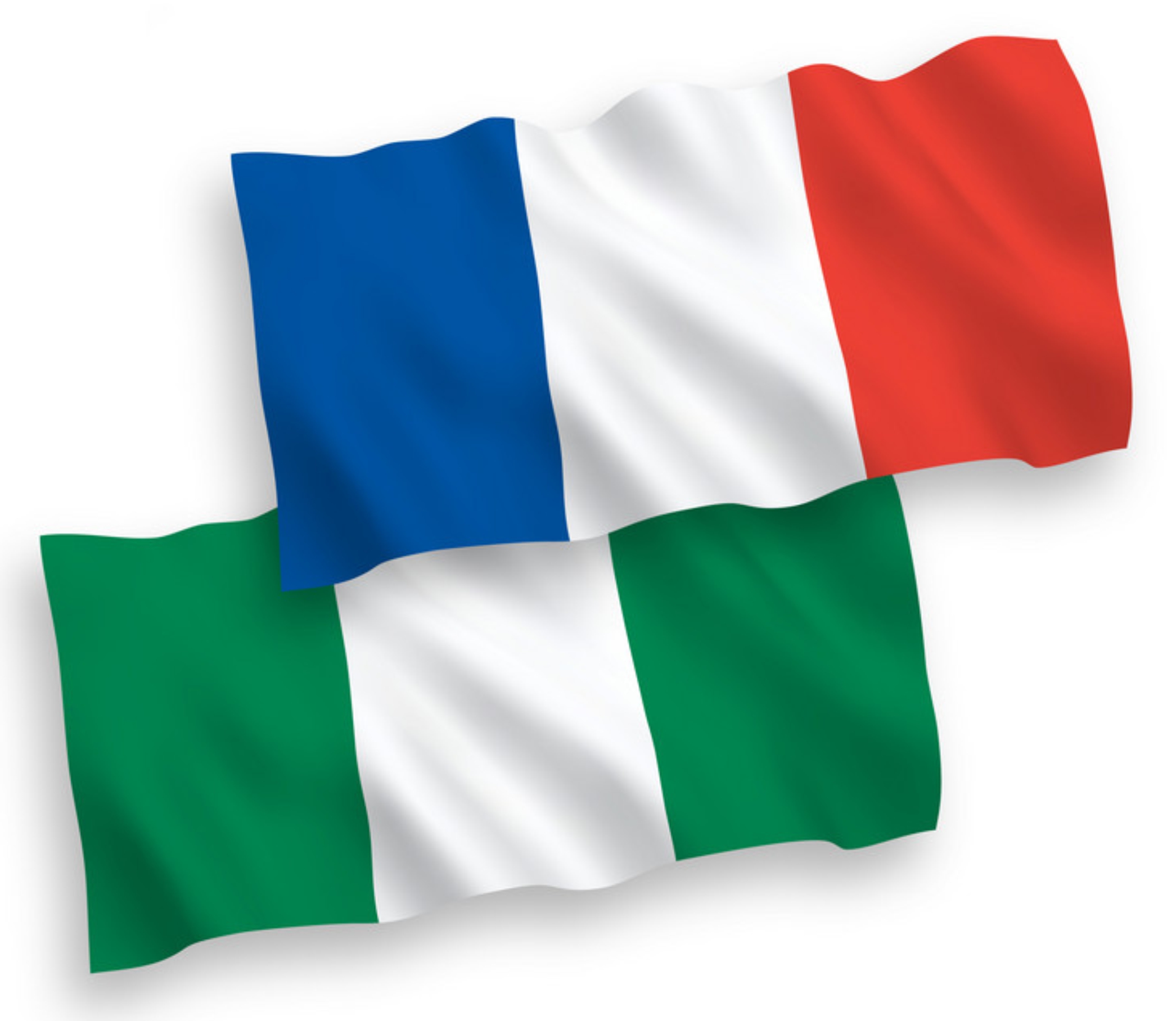The French parliament has approved a stringent immigration law that imposes restrictions on Nigerian students and other migrants, preventing them from bringing their families into the country.
The legislation, which received support from President Emmanuel Macron’s centrist Renaissance party and Marine Le Pen’s far-right National Rally, faced initial rejection last week but was redrafted and subsequently backed by right-wing parties.
The revised immigration policy introduces tougher provisions, making it challenging for migrants to reunite with their families in France and delaying access to welfare benefits.
The law also prohibits the detention of minors in detention centers, but leaders of a third of French regions expressed resistance to certain measures.
A controversial aspect of the legislation discriminates between citizens and migrants, impacting their eligibility for benefits, even for those residing legally in the country.
The amended bill, which garnered approval from right-wing factions, has been hailed as an “ideological victory” by Marine Le Pen.
However, critics argue that President Macron is enabling the far-right, with left-wing leaders accusing him of betraying convictions.
Thirty-two of France’s departments, including Paris, have declared their refusal to implement certain provisions of the law related to benefits for non-citizens.
This development comes just hours before the European Union reached an agreement to reform the asylum system across its 27 member states.
The EU pact, celebrated as a landmark agreement, includes measures such as creating border detention centers and facilitating the expedited deportation of rejected asylum seekers.
While hailed by some, the French legislation has exposed divisions within the ruling alliance, with 27 MPs voting against and 32 abstaining, indicating discontent even within pro-Macron ranks.
Health Minister Aurélien Rousseau resigned in protest over certain aspects of the immigration law, and the prime minister acknowledged potential constitutional concerns, stating that the government would seek the opinion of the Constitutional Council, the top court that upholds constitutional principles.
The divisive nature of the law underscores the complexity of immigration policies and their impact on political alliances within the country.



